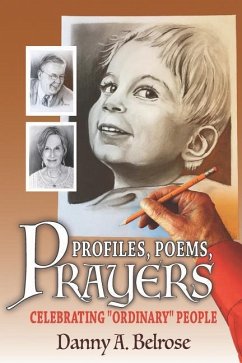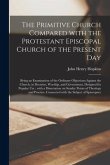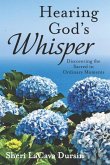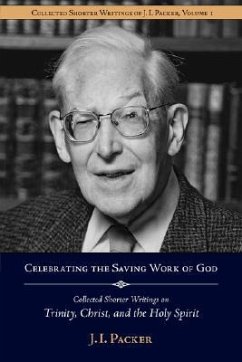PLEASE NOTE: KINDLE VERSION PRESENTLY UNAVAILABLE. FORMAT TRANSFORMATION IN PROGRESS. Profiles, Poems, Prayers is a collection of theological reflections inspired by so-called ordinary people whose circle of celebrity is family, friends, and their community. In a sense, this is a book about you and me. Your portrait and name may not grace its pages, but you will find yourself here and there in the prayers offered, and the people profiled. They represent the giggling toddler skipping down your street, your work colleague, your favorite aunt, teacher, coach, or workout instructor-names and faces of everyday folk-who may never gain fame or fortune but are anything but ordinary. What is extraordinary about a two-year-old playing with Mr. Potato Head, an infant attempting to stand, a teacher, a preacher, a mother, a father, a couple of boys playing in the sand? Nothing and perhaps everything! We praise actors, athletes, and high achievers while the school bus driver, the cop on the beat, the lady behind the pharmacy counter, and the teen bagging groceries (who contribute to our welfare daily) become background players milling about off stage. The term "ordinary people" undermines individuality and diversity. With many people profiled in this volume, you would be hard-pressed to see them as "ordinary" on any level. Some have so many accolades, achievements, degrees, and notoriety that they can't possibly be viewed as "everyday folk." Conversely, kings, queens, actors, singers, high-achievers are "everyday folk" whose circumstance, talent, hard-work, and good fortune have awarded them celebrity status. We need to discover the extraordinary within the ordinary-the hidden depths of others, including those most close to us. Profiles, Poems, Prayers is not a "believe-what-the author believes" book. Some readers may hear a sour note affronting orthodox Christian beliefs, however, the author's reflections are open-ended musings to encourage traditional believers to reflect on their faith perspectives, and grist for skeptics, agnostics, atheists, and humanists who question the divinity of Jesus but who subscribe to his message of right relationships in the "here and now" as opposed to "there and then." Some Christians dismiss supernatural aspects of other world religions as nonsense while accepting without question Christianity's mystical elements. It's an "our metaphysics trumps your metaphysics" polemic. The why and how of my faith concludes that Christianity does not have an exclusive claim to truth. Said another way, God is not a Christian. My reflections are therefore open-ended musings for believers, skeptics, agnostics, atheists, and humanists who may question the divinity of Jesus but who subscribe to his compassionate ministry and message. Christianity must jettison redemptive exclusivity and embrace the many names and faces of God revered in all religions that affirm life, equality, justice and love. It must affirm those whose time, talent, and treasure contribute to the welfare of others, but who are not committed to religiosity or belief in God. It is not what religious or ideological banner we wave or what we claim to believe. The ultimate value of theology and ideology is determined by kindness. Belief systems are measured by how we live in relationship with others and our environment. This does not mean beliefs do not matter. What we believe is important recognizing that at our best, we only approximate the truth.


![Lectures and Sermons, Delivered in the Scots Church of Saint John, on Several Ordinary Occasions [microform]: Dedicated (by Permission) to His Excelle Lectures and Sermons, Delivered in the Scots Church of Saint John, on Several Ordinary Occasions [microform]: Dedicated (by Permission) to His Excelle](https://bilder.buecher.de/produkte/65/65504/65504884m.jpg)





